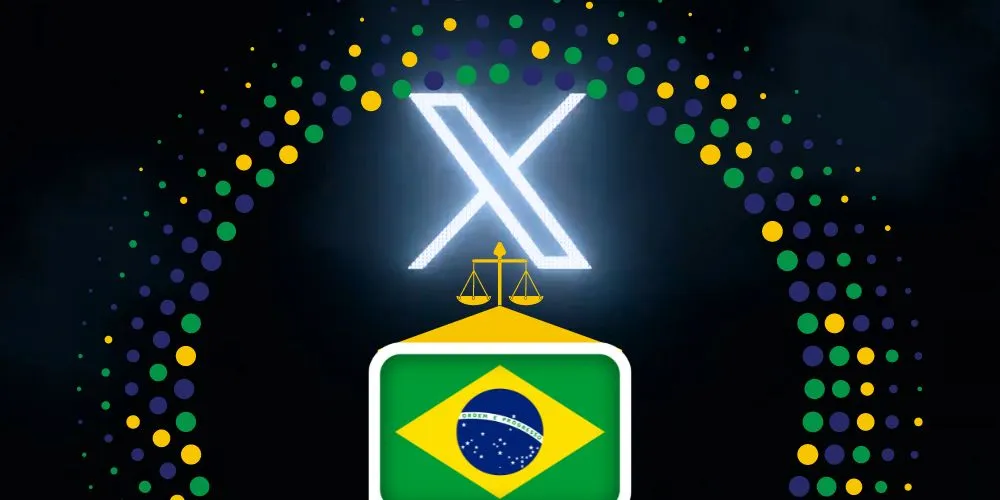Key Points:
- X Corp, formerly Twitter, faces legal challenges in Brazil after being compelled to block certain accounts by court orders.
- The company is prohibited from disclosing details of the orders, raising concerns about potential revenue losses and office closures.
- X Corp expresses bewilderment over the blocking orders and the inability to disclose information. For non-compliance with the court, X Corp faces daily fines.
- Elon Musk pledges to challenge the orders legally and criticizes the judiciary’s actions, citing fines, employee arrests, and access termination threats.
X Corp, formerly known as Twitter, is embroiled in a legal dispute in Brazil after being compelled by court decisions to block certain popular accounts. The company revealed on Saturday that it is prohibited from disclosing the order details, raising concerns about potential revenue losses and the prospect of office closures in Brazil. Elon Musk, the owner of X Corp, vowed to challenge the order through legal means.
The social media giant expressed its bewilderment over the issuance of blocking orders and lamented its inability to divulge information regarding the impacted accounts. Furthermore, X Corp disclosed that it faces the threat of daily fines if it fails to comply with the court’s directives.
Elon Musk condemned the actions of the Brazilian judiciary, citing the imposition of hefty fines, threats of employee arrests, and the risk of access termination to X in Brazil. Musk’s comments were prompted by a user’s post regarding Supreme Court Justice Alexandre de Moraes’ purported crackdown on free speech.
Justice Moraes, known for his stringent stance on internet regulation, previously ordered an investigation into executives at Telegram and Google over their alleged involvement in a campaign criticizing proposed internet regulation legislation. The bill sought to shift the responsibility of identifying and reporting illegal content from courts to internet companies, search engines, and social messaging services, threatening significant fines for non-compliance.
The unfolding legal saga underscores the complex intersection between free speech, regulatory oversight, and corporate responsibility in the digital age. X Corp’s predicament in Brazil reflects the ongoing global debate surrounding online content moderation and the balance between protecting user freedoms and combating harmful or illegal material.





